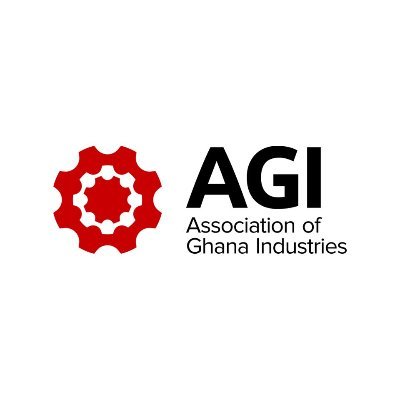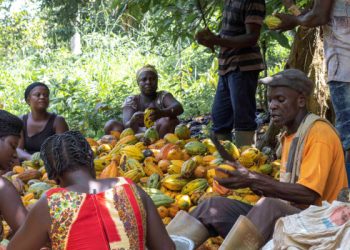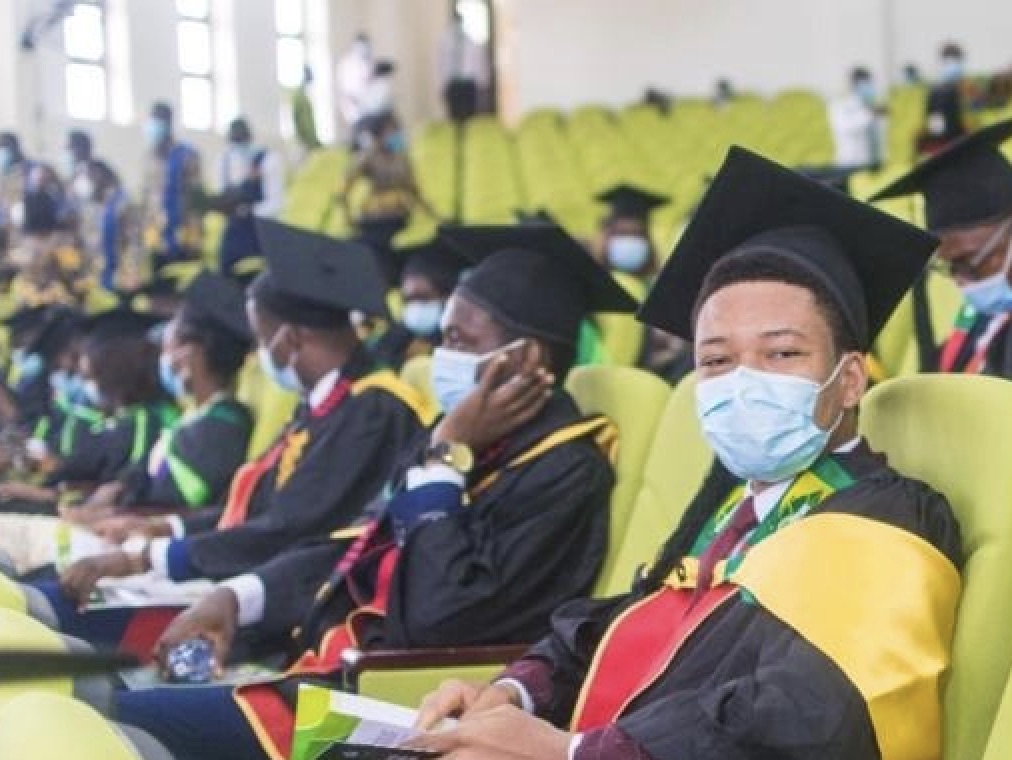The Association of Ghana Industries says over 70 per cent of companies are optimistic that business situation would improve in the next six months.
In its research report on assessing the impact of covid-19 on businesses in the country, the Association said by June 2021, 80 per cent of businesses expected recovery from the Covid-19 negative impact.
“There is a significant recovery for all the sectors and groups by size with different magnitudes. Service sector is recovering faster and construction is moving back slowly to normal,” Mr Seth Twum Akwaboah, the Chief Executive Officer of AGI, said at the presentation of the report.
The research showed that 89 per cent of businesses were negatively affected by Covid-19 while overall about 75 per cent of firms across all sectors scaled down production in the year.
Presenting the findings of the research, Mr Akwaboah said the scaling down of production was marginally higher with small firms and African giants.
He said the majority of the firms were operating between 25 per cent and 50 per cent, adding that there was a steady decrease for the sales turnover over the past three quarters.
Between Q4, 2019 and Q2, 2020 there was a general decrease of more than 60 per cent in sales turnover across all business sectors.
The research showed that a highly significant majority of companies, representing 81 per cent were unlikely to meet their revenue target this year.
However, the reality is more pessimistic for the construction sector with only seven per cent that could meet this year’s target, Mr Akwaboah said.
In the second quarter of the year about 60 per cent of the companies experienced worse business situations.
However, the third quarter saw 17 per cent returning to normalcy and nine per cent saw an improvement of their business situation.
On the likelihood of employing and investing, Mr Akwaboah said about one quarter of companies planned to hire more workers in the next six months with construction posing marginally higher 30 per cent intention to hire.
However, there is a higher proportion of 44 per cent that planned to make new investments.
It is very likely that the 45 per cent of firms will replicate laying off of workers with almost the same proportion as in 2020 if the pandemic persists, the research showed.
Mr Akwaboah said among the top 10 challenges of business during the period included cash flow constraints, lack of orders, high cost of available supplies, difficulty in paying staff and market for goods and service.
He said firms were still expecting the government’s stimulus package, tax waivers or temporary tax break with flexible loans from commercial banks.
“Tax waivers or temporary tax breaks, Stimulus package from Government, Reduction of corporate tax, flexible loans from commercial banks, electricity and water subsidies are in this order the most important things firms expect to alleviate the impact of covid-19,” Mr Akwaboah said,
To improve revenue, firms consider adoption of new marketing strategies, tax relief from government and investing in infrastructure as three most important decisions to implement.
The broad objective of the study supported by BUSAC Fund was to ascertain the impact of Coronavirus pandemic and the restrictions on Industry and also assess the business confidence level for 3rd quarter 2020.
It was also Evaluate the impact of the pandemic on input supply, output, workforce and projected annual revenue and ascertain how SMEs can build resilience and local production capacity for AfCFTA by next year.










Discussion about this post